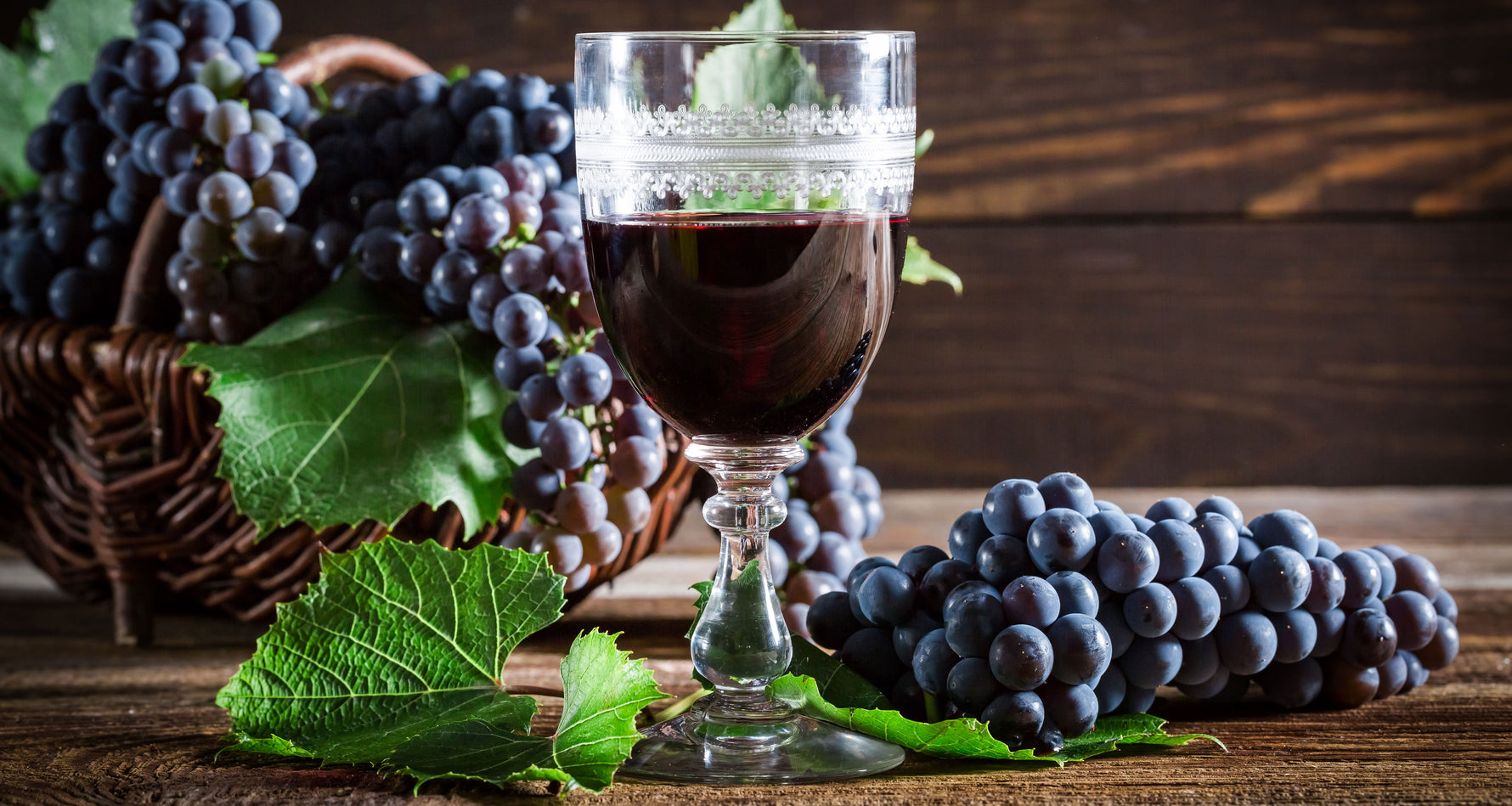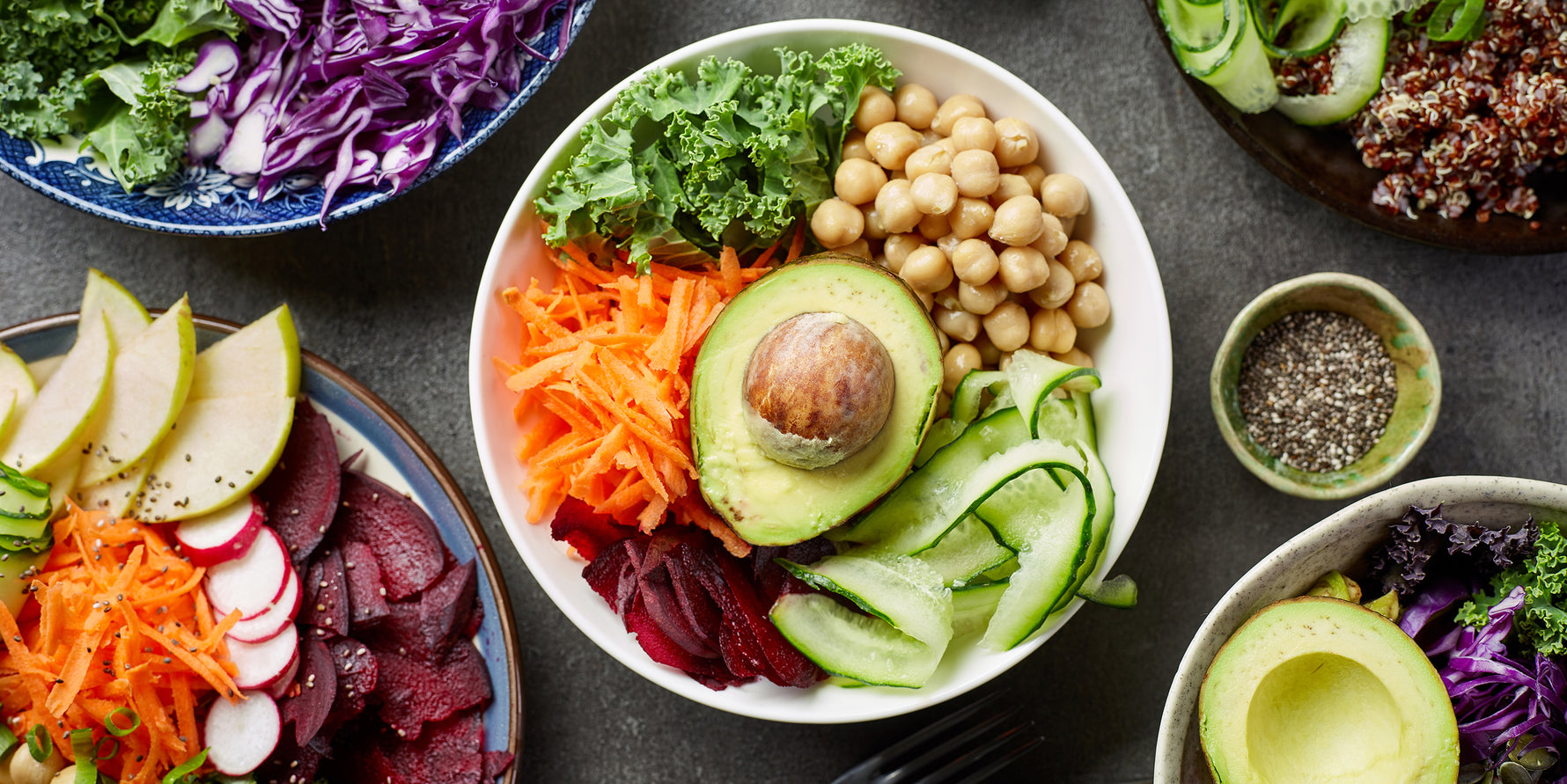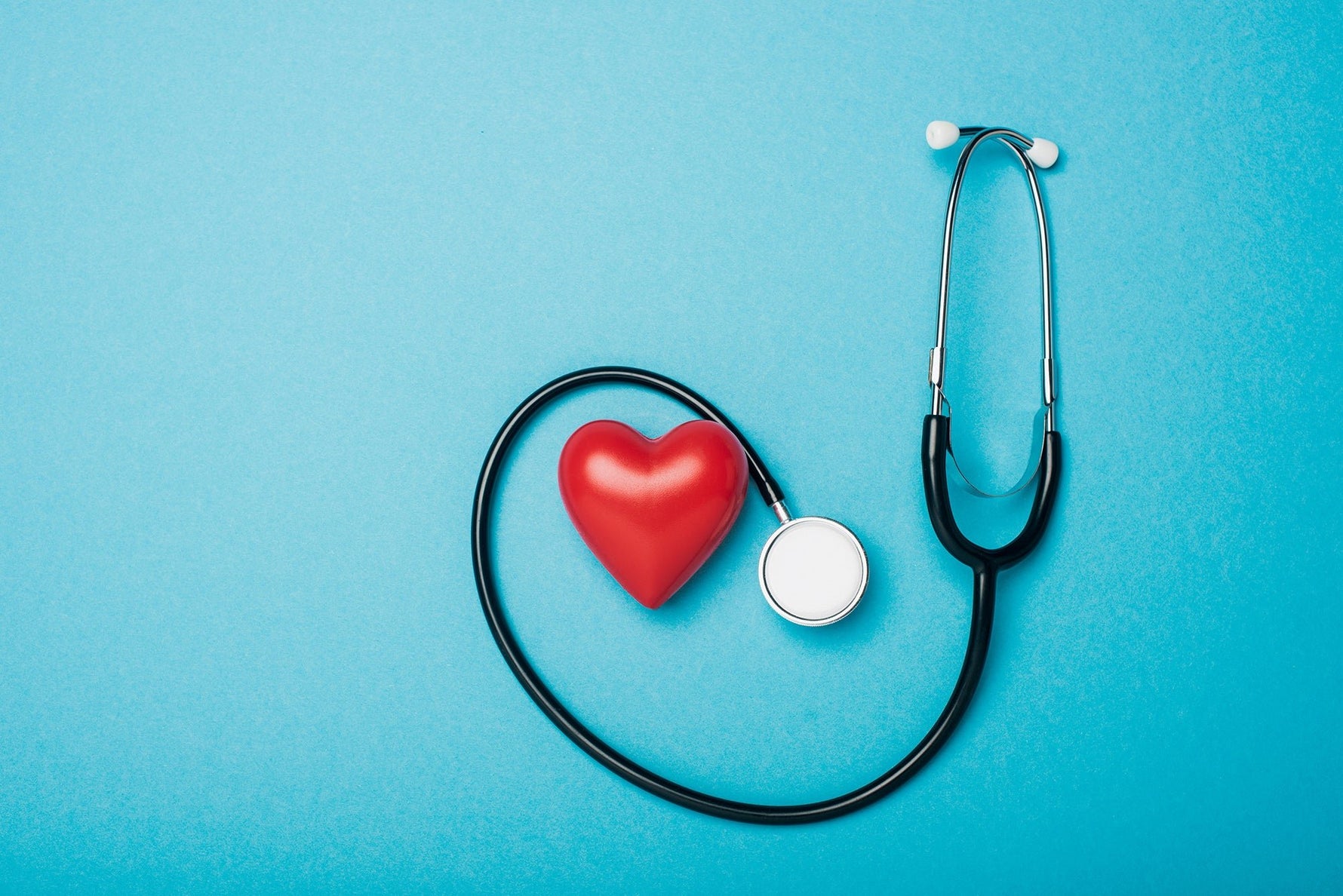Reading Time: 3 minutes
Your heart is your body's central powerhouse. When our hearts are healthy and working at full capacity, we feel strong and energized because it's supplying us with oxygen and nutrients by pumping blood to our entire body.
Keeping our hearts happy and healthy is essential for overall well-being, and diet plays a crucial role in maintaining the health of our hearts. The right foods can strengthen your heart and reduce your risk of cardiovascular diseases, while the wrong ones can have the opposite effect.
Unfortunately, the American diet leaves a lot of room for improvement when it comes to keeping our hearts healthy. Heart disease is the leading cause of death in the US. According to the Centers for Disease Control and Prevention (CDC), around 647,000 Americans die from heart disease each year – that’s 1 in every 4 deaths.
The good news is that the risk of cardiovascular disease can be significantly lowered with the right nutrition. In this blog post, we'll share with you the 10 best foods that are good for your heart and why they're so beneficial.
Fatty Fish
Fatty fish like salmon, tuna, and mackerel are rich in omega-3 fatty acids that lower blood pressure, prevent blood clots, and reduce the risk of heart attack and stroke. Aim for two servings of fatty fish per week to reap the benefits.
Leafy Greens
Leafy greens like spinach, kale, and Swiss chard are packed with vitamins, minerals, and antioxidants that reduce inflammation, lower blood pressure, and improve circulation. Steam, sauté, or blend them into smoothies for a heart-healthy boost.
Berries
Berries like blueberries, strawberries, and raspberries are rich in antioxidants that reduce inflammation, improve circulation, and protect against heart disease. Enjoy them as a snack, in smoothies, or as toppings for yogurt and oatmeal. If you want to eat seasonal foods like berries year-round, consider freezing them so you can use them later.
Nuts and Seeds
Nuts and seeds like almonds, walnuts, flaxseeds, and chia seeds are high in fiber, healthy fats, and antioxidants that improve cholesterol levels, lower blood pressure, and reduce the risk of heart disease. Incorporate them into your meals and snacks for a crunchy, nutritious boost.
Whole Grains
Whole grains like oats, brown rice, and quinoa are rich in fiber, vitamins, and minerals that support heart health by reducing inflammation, lowering cholesterol levels, and regulating blood sugar. Swap refined grains for whole grains to reap the heart-healthy benefits.
Legumes
Legumes like beans, lentils, and chickpeas are high in protein, fiber, and nutrients that lower cholesterol levels, reduce blood pressure, and improve blood sugar control. Add them to soups, salads, or as a side dish for a delicious and heart-healthy meal.
Avocados
Avocados are a good source of heart-healthy monounsaturated fats that improve cholesterol levels, reduce inflammation, and lower the risk of heart disease. Use it as a spread, dip, or topping for salads and sandwiches.
Tomatoes
Tomatoes are rich in lycopene, an antioxidant that is associated with reduced inflammation, improves circulation, and protects against heart disease. Enjoy them fresh, cooked, or in sauce for a tasty and heart-healthy addition to your meals.
Dark Chocolate
Yes—chocolate, sweet! But hold on, it has to be the right kind. Pure, dark chocolate is rich in flavonoids that improve circulation, lower blood pressure, and reduce the risk of heart disease. Choose high-quality dark chocolate with a high cocoa percentage for maximum health benefits.
Green Tea
Green tea is rich in antioxidants that reduce inflammation, improve circulation, and protect against heart disease. Enjoy it hot or cold for a refreshing and heart-healthy drink.
Conclusion
Making smart nutrition choices is one of the best ways to keep your heart in its prime and lower your risk of heart disease. Incorporate these 10 foods into your diet to reap the heart-healthy benefits.
The best part about these foods above is they're so flexible—they all can be incorporated into recipes, snacks in between meals, sandwiches, salads, desserts, you name it! Of course, you can eat them on their own, but feel free to get creative.
Check out the American Heart Association's site for more suggestions on nutrition, exercise, and more if you're just getting started.
A healthy diet, combined with regular exercise, stress management, and good sleep, can help you maintain a strong, healthy heart for years to come.




























